Ontario’s education minister has so far failed to present a comprehensive strategy for September’s return to school. But experts and advocates say that could create “tragic” consequences for the province’s most vulnerable students.
Premier Doug Ford and Education Minister Stephen Lecce have in recent days indicated they would like to see students back in class full-time. However they have not said they will provide the funding to pay for it.
The question of how to deal with education sits at the centre of the province’s reopening dilemma, since anything less than a full return to classes makes it difficult for working parents who have for months been juggling jobs and parenting.
And it throws up all manner of questions, such as if a teacher tests positive for COVID-19, are they required to quarantine for two or three weeks? Do they get paid for that sick leave? Do all their students need to be quarantined or tested? Where does that happen and how are parents notified? Does everyone in each student’s family need to get tested?
In mid-June, the province asked school boards to plan for three different models of instruction: full-time in-class teaching with COVID-19 prevention measures; full-time remote learning; and a hybrid model that would see only half the school population in class each day.
Each board will be responding to its specific public health realities and other considerations, but Charles Pascal, a former deputy education minister, said the government had squandered the time needed to properly prepare them and failed to collaborate constructively to deliver on those options.
“This process should have started months ago, not weeks ago,” said Pascal, who is now a professor at the University of Toronto’s Ontario Institute for Studies in Education (OISE).
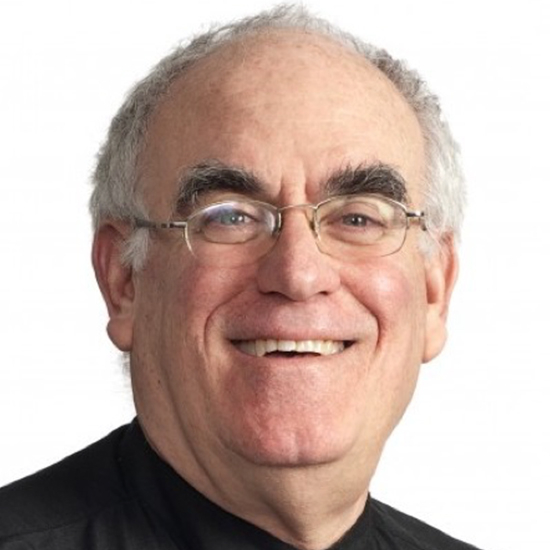
The government has said it is meeting frequently with a range of stakeholder groups (more than 140 meetings since early March and counting, a spokesperson said in early July). But Pascal says several directors of education complain to him after each conference call about the tenor of the conversation.
He added that experts at OISE who work on instructional design have not been invited to consultations.
Pascal also said competence varies across Ontario’s 72 boards and it would be up to the province to ensure all were accountable.
“It’s a perfect storm for the wrong things to happen, and there is a lot of Russian roulette in making the wrong decisions,” he said.
More funding needed, but is it coming?
In a planning document released Wednesday, the Toronto District School Board says if elementary students are divided into cohorts of 15, and one teacher delivers their entire curriculum without any shortening of the school day five days a week, they would need to hire nearly 2,500 more teachers at a cost of almost $250 million. (The TDSB, Canada's largest school board, currently employs almost 11,300 teachers.)
An option where only kindergarten to Grade 3 have 15 students and higher grades have 20 would require 1,900 teachers at a cost of $190 million.
In response, the premier said the TDSB is getting $55 million more in funding than it received last year, and of that, $23 million is being allocated to more teachers.
A spokesperson for Lecce did not respond to questions posed by National Observer, including on whether the government would commit to hiring more teachers so that 15-student classrooms can be run full-time.
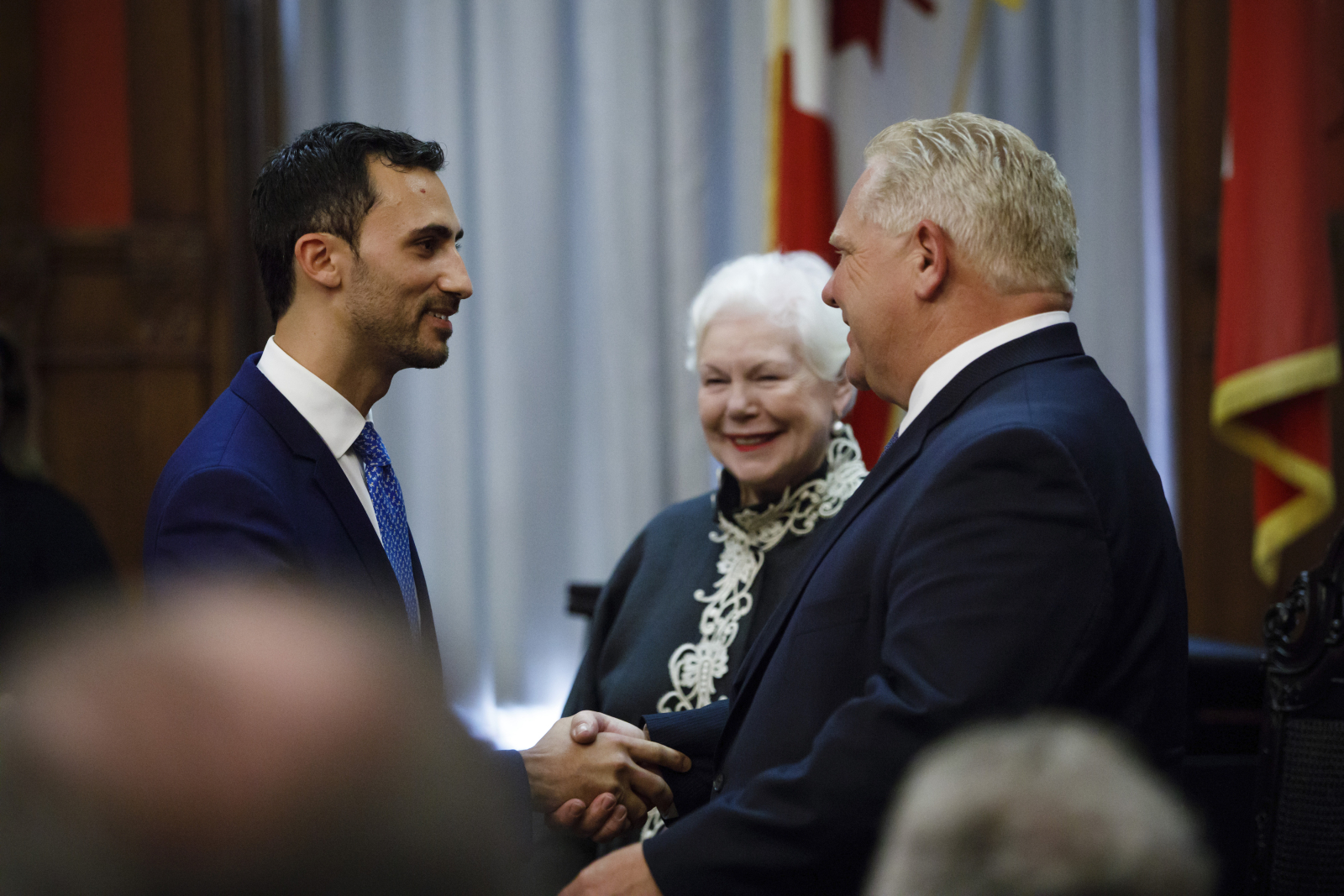
Karen Mundy, a colleague of Pascal’s at OISE, said the top priority of schools, boards and the ministry should be to get students from kindergarten to Grade 3 back in class since it is hard to catch them up on lost literacy development.
In particular, she said support should be directed at students most at risk of falling further behind without direct instruction.
She said a bungled response to education in the wake of the pandemic risks creating a crisis for the province’s youngest students that wouldn’t show up economically until they are 18, but that it would be tragic to reinforce inequalities rather than alleviate them.
Mundy pointed out that Toronto has provided a map of public health data showing more cases among racialized, immigrant and low-income populations, “so we know which communities need to have full-time, face-to-face kindergarten to Grade 3 learning happening.”
Mike Schreiner, the leader of the Green Party of Ontario and its only MPP, said Ford is stalling and leaving it up to others to figure out what to do when he should be working on a plan to reopen schools full-time in September and then communicating that plan to others.
Both the official Opposition NDP and Liberals are also pushing for the government to ensure the safe provision of full-day school in September.
“It is unacceptable that seven weeks out from the start of the school year, parents, students and educators remain in the dark,” Schreiner said, adding Ford should hire more teachers and support staff and develop plans to teach outdoors and in community centres and other local spaces.
“I worry about all those vulnerable children whose literacy, mental health, and nutrition will only get worse without a plan for school to resume,” he said.
The province has been wrestling with Ottawa over its share of $14 billion in federal funding for regional recovery, with Prime Minister Justin Trudeau upping that to $19 billion on Thursday.
He said the money will be targeted at seven priority areas, including enhanced COVID-19 testing and contact tracing, the purchase of personal protective equipment (PPE) for front-line workers and businesses, funding for municipalities, a national sick leave plan, and child care so that parents can get back to work.
Ford said Ontario would get around $7 billion of the total.
Alastair Sharp / Local Journalism Initiative / Canada's National Observer
So far the reopening has been
So far the reopening has been seriously bungled. Just to add to the issues, Isreal has reopened schools, full time, full attendance. On one day recently, the Israeli government reported over 1,000 new covid cases; over half were from schools. The schools have been shut down again. We seem to be determined to go through the same experiment with our children and school staff.
Huh? Why is it even a
Huh? Why is it even a question if a teacher who tests positive should be required to self-isolate, along with contacts, until all have had the appropriate tests with negative results, to determine when it's safe for them to be out in public again. That has to include the kids: they, too, are human: or has that been forgotten?
The whole question is a re-run of nurses not having to self-isolate upon return from the US. I wonder how many patients they infected before the idiots who made that decision changed their minds.
Last time I heard, teachers are human beings, just like nurses and the rest of us. They don't have a hidden repository of knowledge that keeps them safer than anyone else. There is no mysterious addition to genetics, immunity or extra recuperative ability conferred by their degrees or skills or employment or anything else to make the virus behave differently in their bodies than in anyone else. Ditto the students. Good grief.
Frankly, I fail to understand why parents should entrust their kids' safety to people who lack the simple reasoning capacity to figure our much out on their own.
By now we should be past the idea that kids don't get sick, and that when they do it's always something hardly there, and completely over when it's over. That is not what is being reported in studies.
And yeah, the larger the population affected, the more policy is constrained to considering "population impacts." So from a policy perspective, a few lives lost is no big deal. That, however, is not the reality for the people whose children die or are disabled, for their siblings and friends, any more than a few dead "Precious Seniors" don't really matter to the point that even obvious measures and shortfalls were ignored, and continue to be.
Maybe the government should consider asking parents: my bet is that some of them at least would rather not send their kids to school at all until it's safer. I wouldn't have, when mine were young.
I'm pretty sure they did an awful lot more learning at home than at school until well beyond the K-3 years, none of it was in the form of school-type "lessons."
In case is sounds otherwise,
In case is sounds otherwise, "Our Precious Seniors" has been the terminology used by the Ontario government. I use it cynically because of the minimal thought or care that seems to have gone into measures for their benefit.
I could not agree more. his
I could not agree more. his government is remarkably proficient at high-sounding rhetoric and statements, but reality and action almost always differs considerably. I truly hope that media outlets such as the National Observer keeps attempting to hold them to account.




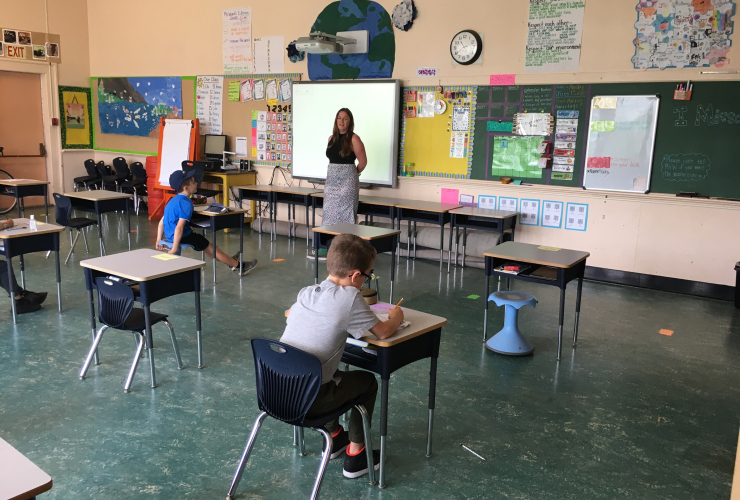
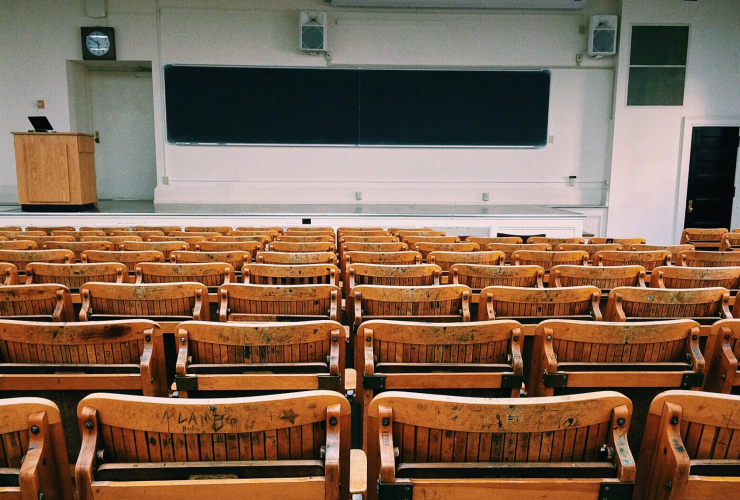
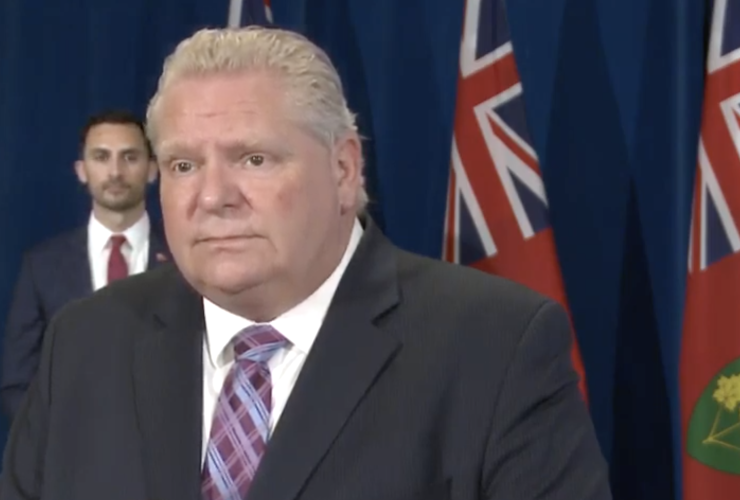
Comments